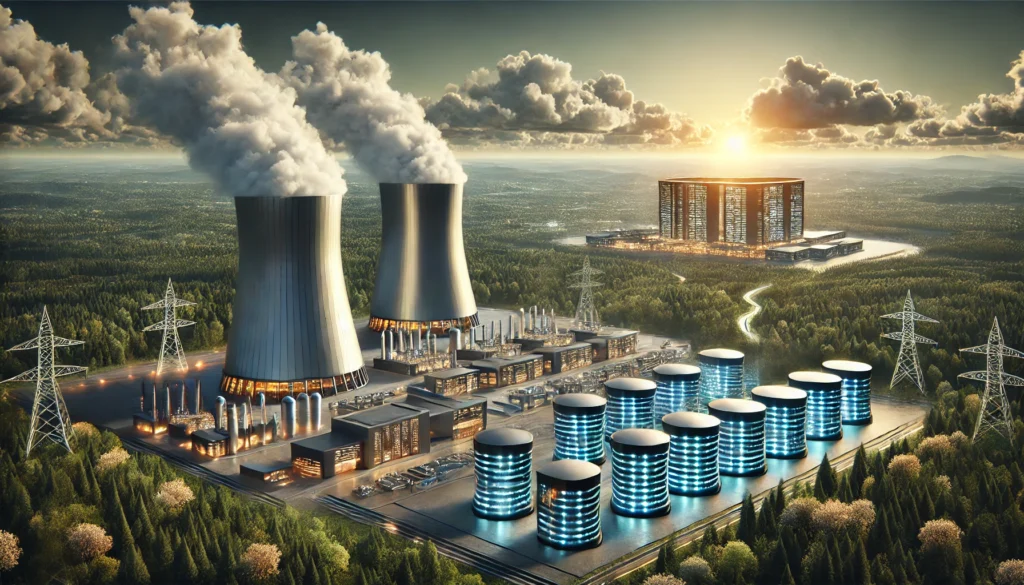Amazon and Google have signed on to support the goal of tripling the global nuclear energy capacity at least by 2050. This pledge is, so far, a tech endorsement for the nuclear industry. This news happens to come in the course of the CERAWeek conference in Houston.
These Tech Giants Step Up to Sustainability with the Like of Nuclear Energy
Big data centres have become truly power-hungry beasts. This is actually one reason why Big Tech is aggressively moving into nuclear power, a clean, stable, and long-term solution for electricity. For example, Amazon is now trying to line up small modular reactor projects after more than $1 billion in investment in straight nuclear energy projects.
As U.S. Secretary of Energy Chris Wright put it, nuclear energy is at the dawn of a very exciting new revolution in the industry: that new industry revolution currently is going through its most critical era in the transition toward global energy.
Increased Global Will on Nuclear Power Expansion
The World Nuclear Association (WNA), which presented the pledge, announced more support to be forthcoming in the next months from featured commitments by the maritime, aviation, and oil & gas industries. Such commitments are the next instalment of the commitment on the similar pledge for the tripling of nuclear capacity made earlier as part of global commitments for clean energy in 2023 by over 30 countries.
The current generation of nuclear energy amounts only to 9% of the world’s electricity, with the WNA claiming that 439 power reactors are operated worldwide.
Demand for Uranium feeds Spray and Its Supply Constraints
Essentially, the demand and hence the price push the interest toward nuclear power because uranium oxide, the primary fuel for nuclear reactors, is pushed upward; prices in January 2024 reached levels not seen in over 16 years, propelled by uncertainties in supply and increasing demands.
Uranium production, however, is very concentrated in only a few countries – Kazakhstan, Canada, and Australia combined accounted for about two-thirds of global supply in 2022. When viewed holistically, that concentration of supply constrains nuclear energy towards global application.
Nuclear Energy Today
As of early 2025, about 411 reactors are operational worldwide, producing a net capacity of 371 gigawatt-hours. Increasing supplies of nuclear energy will help satisfy requirements for new clean energy, especially those driven by clouds, AI, and manufacturing.
Nuclear Energy’s Future and Big Tech’s Role
The endorsement of nuclear energy by Amazon and Google shows an increasing trend of Big Tech shaping the global energy policies. Nuclear energy forms part of corporations’ energy sustainability strategies as they seek low-carbon and reliable sources.
With the number of companies and governments embracing the nuclear expansion movement, the next few years may be crucial in determining how effectively nuclear power scales to meet global energy demands while addressing supply chain and regulatory issues.

